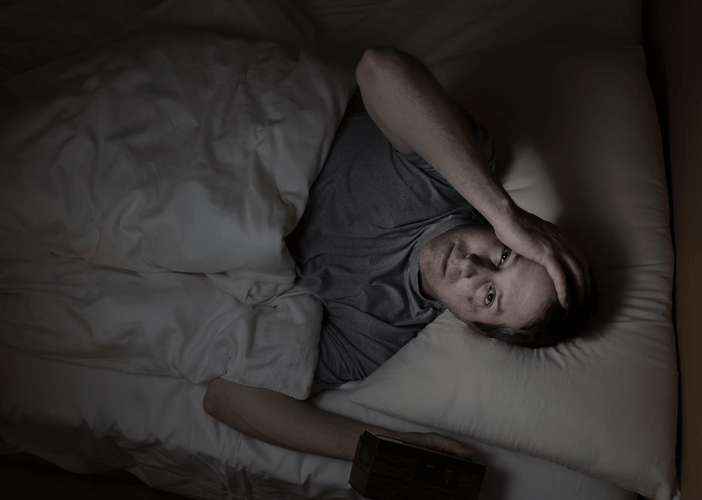As noted above, many people will recover from alcohol-use disorders without specialist treatment and many will reduce their alcohol intake following a change in circumstances, such as parenthood, marriage or taking on a responsible job. Hazardous and harmful drinkers may respond to a brief intervention provided in primary care without requiring access to specialist treatment (NICE, 2010a). For others, their alcohol problems are overcome with the help of a mutual aid organisation, such as Top 5 Advantages of Staying in a Sober Living House Alcoholics Anonymous (AA; see Section 2.10). Nevertheless, many will require access to specialist treatment by virtue of having more severe or chronic alcohol problems, or a higher level of complications of their drinking (for example, social isolation, psychiatric comorbidity and severe alcohol withdrawal). Alcohol is excreted in urine, sweat and breath, but the main method of elimination from the body is by metabolism in the liver where it is converted to acetaldehyde and acetate.
More on Substance Abuse and Addiction
Alcohol use disorder can include periods of being drunk (alcohol intoxication) and symptoms of withdrawal. Such confusion can also contribute to a reluctance among prescribers to treat pain conditions among individuals on opioid agonist treatment. If you choose to drink, the UK Chief Medical Officers (CMOs) advise that to keep health risks from alcohol to a low level it is safest not to drink more than 14 units a week on a regular basis.
Liver Disease

Alternatively, compounds that target reward pathways may compensate for the plasticity in dopamine signaling that enhances the drinking experience of patients with AUD. Before you decide to stop drinking, talk to a healthcare provider to determine what treatment options are available and whether you would benefit from medical supervision during detox. Looking at the symptoms mentioned above can give you an idea of how your drinking may fall into harmful patterns and indicate whether or not you have a drinking problem. Unlike tolerance, which focuses on how much of the substance you need to feel its effect, physical dependence happens when your body starts to rely on the drug.
- Many of these signs and symptoms, including those that reflect a negative-affect state (e.g., anxiety, distress, and anhedonia) also have been demonstrated in animal studies involving various models of dependence (Becker 2000).
- Non-pharmacological interventions for the treatment of AUD range from individual approaches to extensive in-patient residential treatment and from more traditional approaches such as counseling to the use of modern technology.
- Over time, alcohol use takes a toll on your body and increases your risk of over 200 health conditions.
Understanding Alcohol Use Disorder
For example, rats will respond for alcohol infusions directly into the stomach (Fidler et al. 2006), blood stream (Grupp 1981), or brain (Gatto et al. 1994). Protracted exposure to addictive drugs can trigger neuroadaptations in basal ganglia circuits, and such modifications are hypothesized to play a central role in the development of compulsive drug-seeking habits and vulnerability to relapse [40,41]. In addition, addictive drugs influence synaptic plasticity within the mesocorticolimbic DAergic system, as they specifically increase DA levels within the mesocorticolimbic circuitry [41].
- Too much alcohol affects your speech, muscle coordination and vital centers of your brain.
- During pregnancy alcohol can cause harm to the foetus, which can cause prematurity, stillbirth and the developmental disorder fetal alcohol syndrome.
- If the drinker is unable to resolve alcohol problems fully, a psychologist can help with reducing alcohol use and minimizing problems.
- The evidence suggests that harmful alcohol use and alcohol dependence have a wide range of causal factors, some of which interact with each other to increase risk.
- Based on the current state of AUD treatment research, it appears unlikely that a single agent or combination regimen will prove to be effective in all patients with AUD.
This disorder also involves having to drink more to get the same effect or having withdrawal symptoms when you rapidly decrease or stop drinking. Amidst the worsening polysubstance overdose crisis driven by illicitly-manufactured fentanyl, accurately identifying opioid use disorder is crucial to target effective treatment and harm reduction efforts. Frequently, payers, health care providers, and even epidemiologists utilize claims data based on diagnosis code data to guide policy and treatment. However, a recent study [1] raises significant concerns about the accuracy of these diagnostic data.
If You Have an Addiction

They can offer advice on how to approach your treatment and assist you with the process of detoxing, withdrawing, and recovering from alcohol use disorder. Everyone’s experience with alcohol is different, but effective treatments are available, whether your condition is mild, moderate, or severe. Delirium tremens is a symptom of severe alcohol withdrawal that can be potentially fatal. Contact emergency services immediately if you experience symptoms such as fever, involuntary muscle contractions, seizures, delusions, https://thetennesseedigest.com/top-5-advantages-of-staying-in-a-sober-living-house/ hallucinations, or rapid mood swings as you withdraw from alcohol. Alcohol dependence was originally defined as a chronic medical condition characterized by experiencing symptoms of withdrawal when the person stops consuming alcohol. AUD treatment includes both non-pharmacological (psychological) interventions that vary from individual approaches to extensive in-patient residential treatment, as well as several pharmacological approaches that target some of the neurotransmitter systems affected by alcohol.


